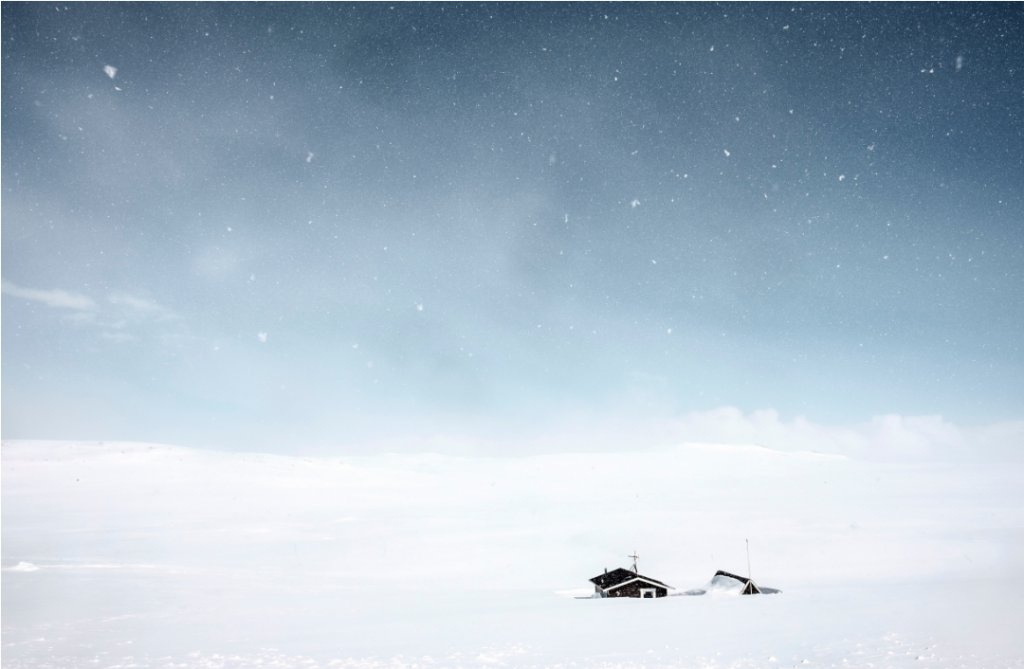
Lizzy was a common prairie woman, daughter of Norwegian parents who immigrated with little to their name except knowledge of a small farm where they had lived in the fjords of Norway.
She knew how to raise chickens. She grew a garden of flourishing vegetables. She was a superior cook of ordinary food, home baked bread, soups, fried chicken, and sandwiches she prepared from her farm animals. Her food seemed to “melt in one’s mouth.”
It was deep winter in the Dakotas and snow drifts hard as cement had to be plowed to open the roads. It was a bitter cold, flu season.
My family of 11 children became ill one by one as my parents traded turns nursing us back to health where we lived 32 miles from the nearest doctor. No running water or indoor bathroom. Their days must have seemed endless as they built wood stove fires, prepared food, provided drink and monitored fevers. The only consolation was a sibling alongside to keep a sick child company in order for them to do the necessary work.
In the 1950s, life along the Dakota Cattail Creek that fed into the Missouri River was isolated and lonely. Sickness during winter months tested the best of its residents who lived on small farms with a few head of cattle that could be sold come fall. People grew their own gardens and animals for protein, harvested grain and hay, and cut wood from the Missouri River bottom. Even though we had a root cellar full of canned food, my mother had little time to create deeply nourishing food for many sick children.
After days of home canned tomato juice and toast from home baked bread, our neighbor arrived with a huge pot of chicken soup. Lizzy, our dear neighbor, knocked at the door and my parents wondered who could be out in this storm and cold. She had her “boys” break through the drifts with their tractor, wrapped the soup in blankets and made her way, 3 miles, to our house.
When mother received her and the food, Lizzy commented, “I heard you had a house full of sick ones, and this was one way I could help so far from a doctor. I needed to get rid of some of the chickens in my freezer anyhow.” She didn’t stay because the blizzard was becoming increasingly strong as the day wore on. The most delicious soup I’ve ever tasted — I’m sure Lizzy was our doctor.
The U.S. Coast Guard didn’t go through a blizzard this past spring, but instead experienced a political storm, not of their making. Nonetheless they were caught in the middle.
Homer citizens became Lizzy for the Coast Guard families and fed them at the Methodist Church, opened accounts at the banks, in grocery stores, gave charge accounts at businesses that enabled these families to continue their lives, opened their hearts and arms to fellow citizens who had no paychecks due to the Federal Government shutdown.
Without the Coast Guard our waters are under threat from factory ships who could destroy the fishing industry. Without the faithful patrol of waters by the Coast Guard, Alaska’s waters are vulnerable to China, Taiwan, Japan, Korea and Russia. The Coast Guard is as necessary to our way of life as the Marine Highway. The Coast Guard pays it forward everyday. As a community we thrive due to that effort and should continue our support.
Respectfully Submitted by Flo Larson, Trustee of Homer Foundation
